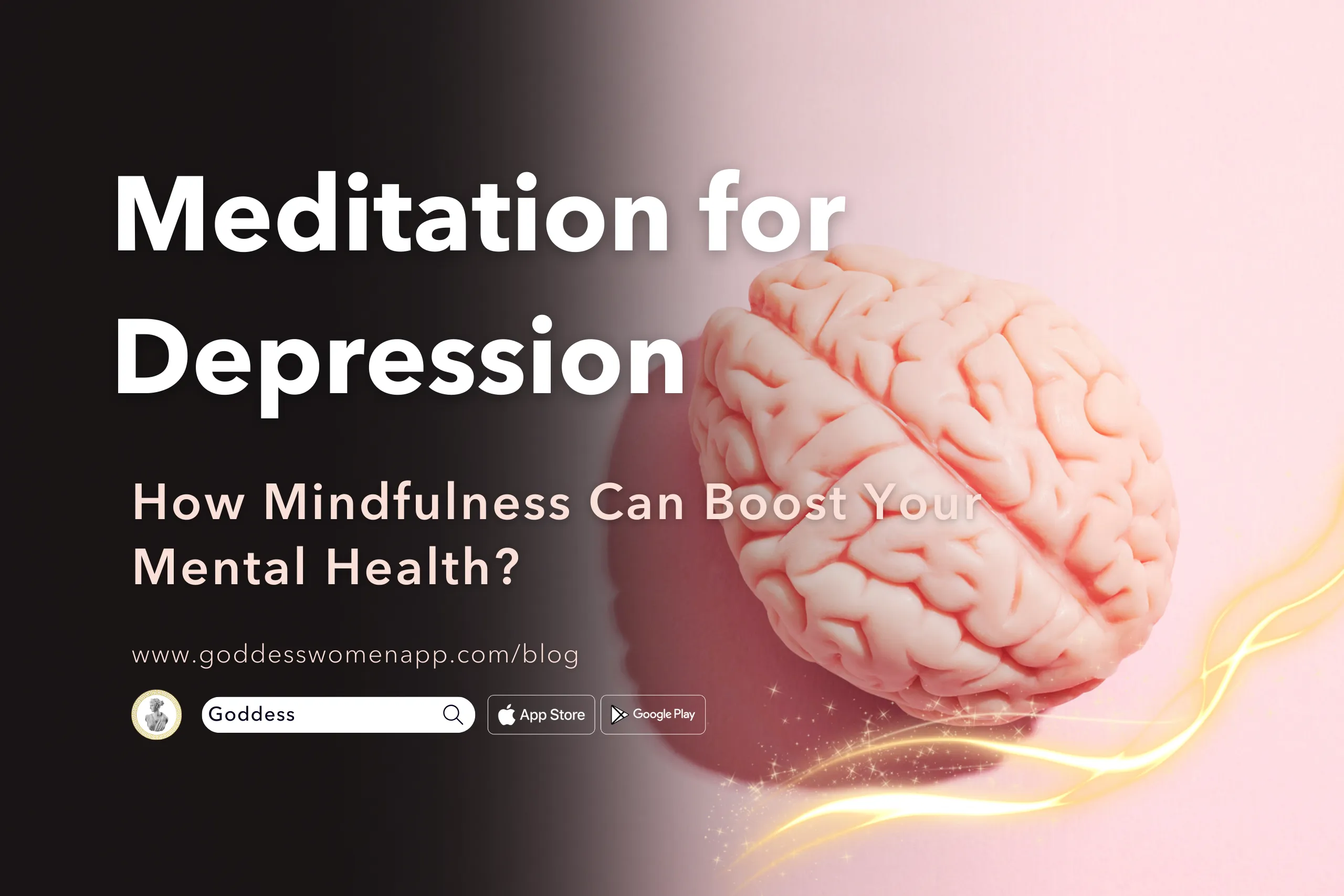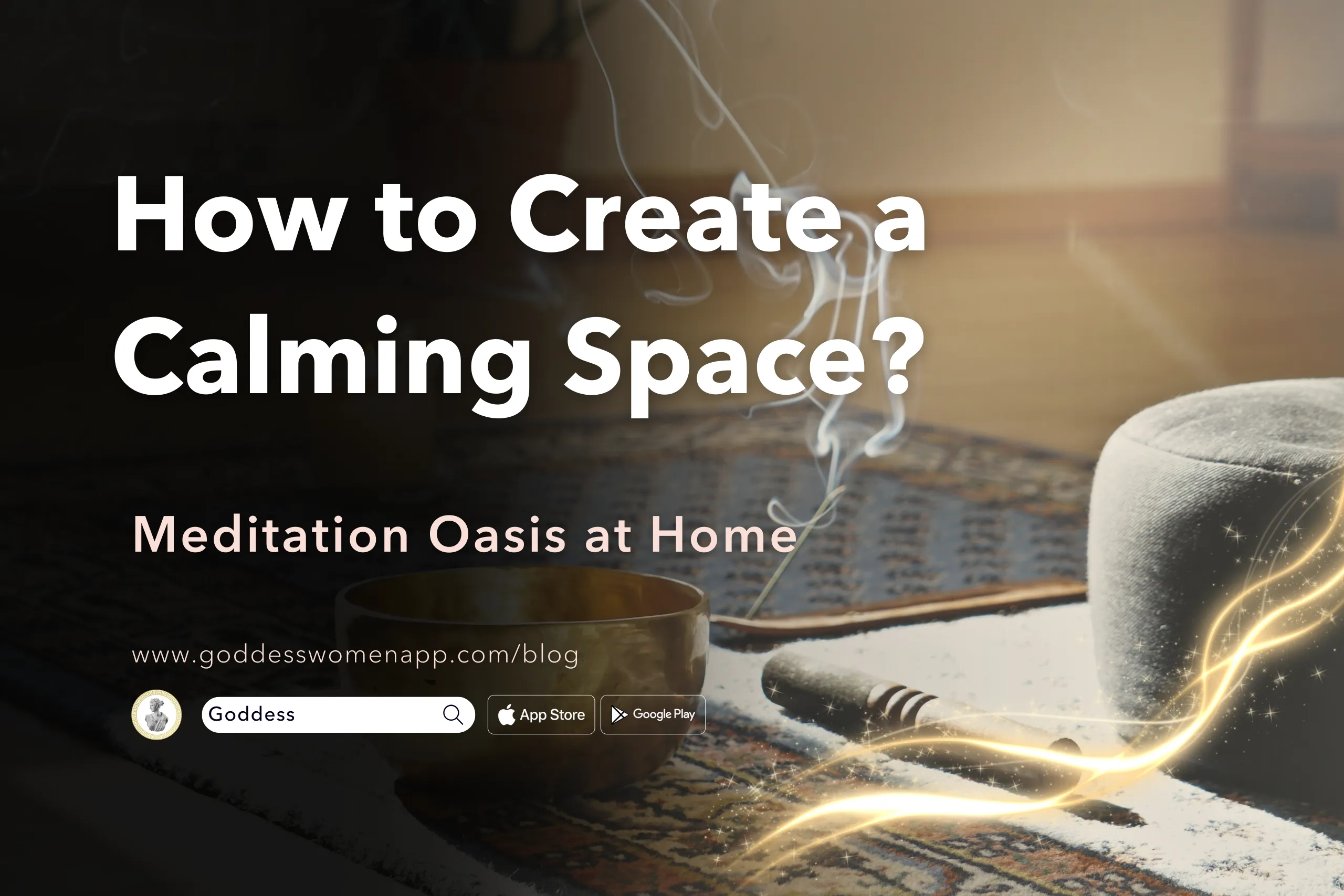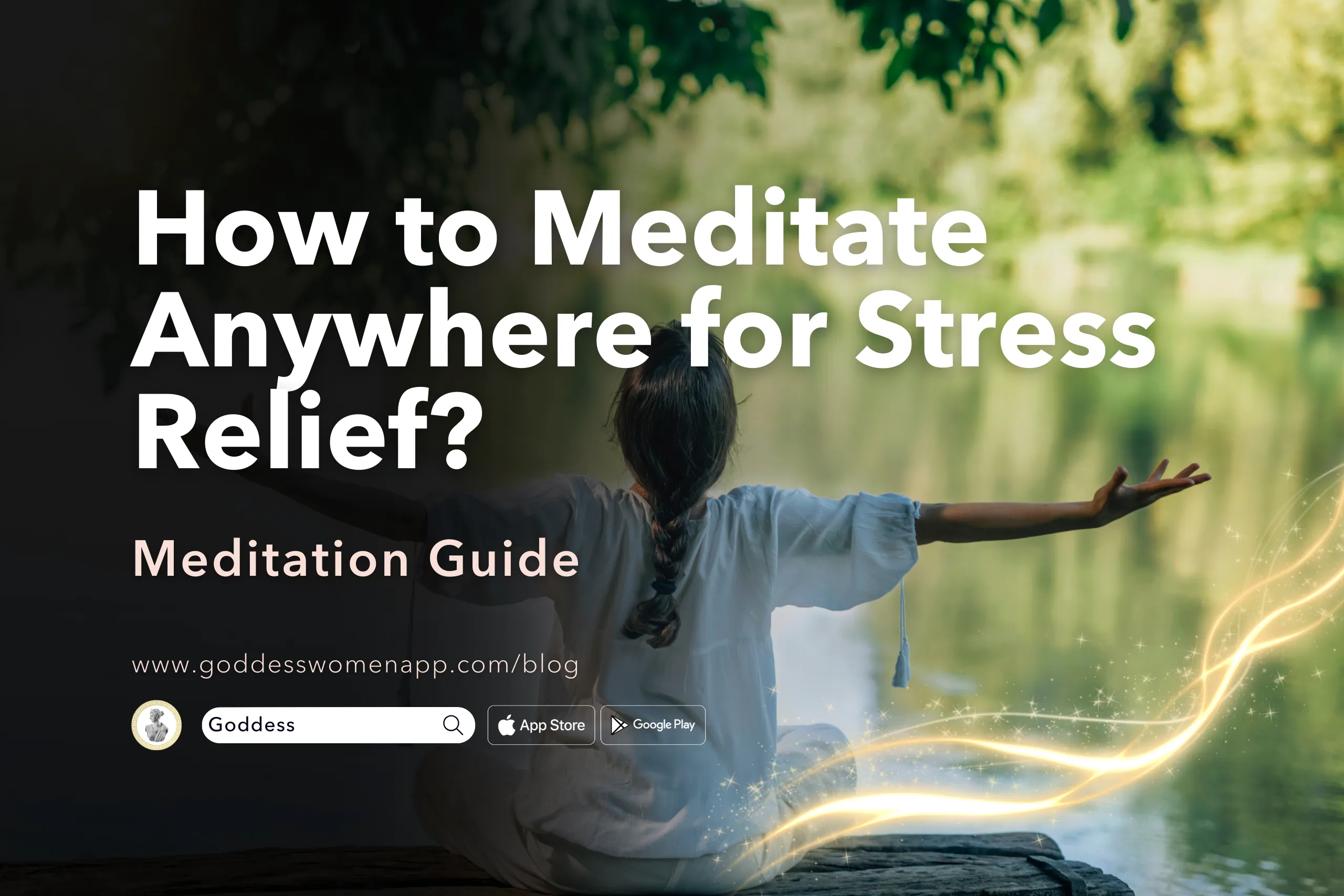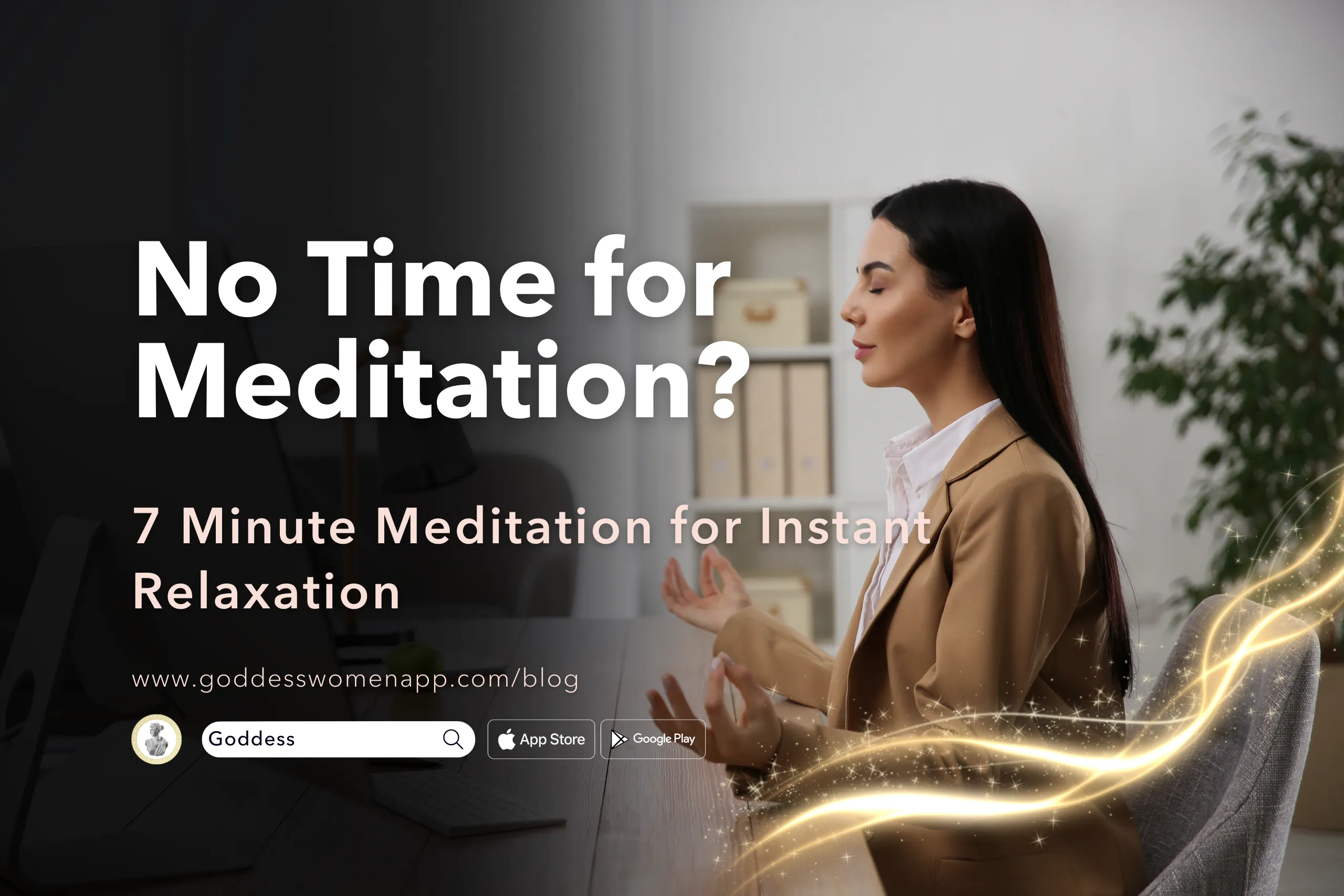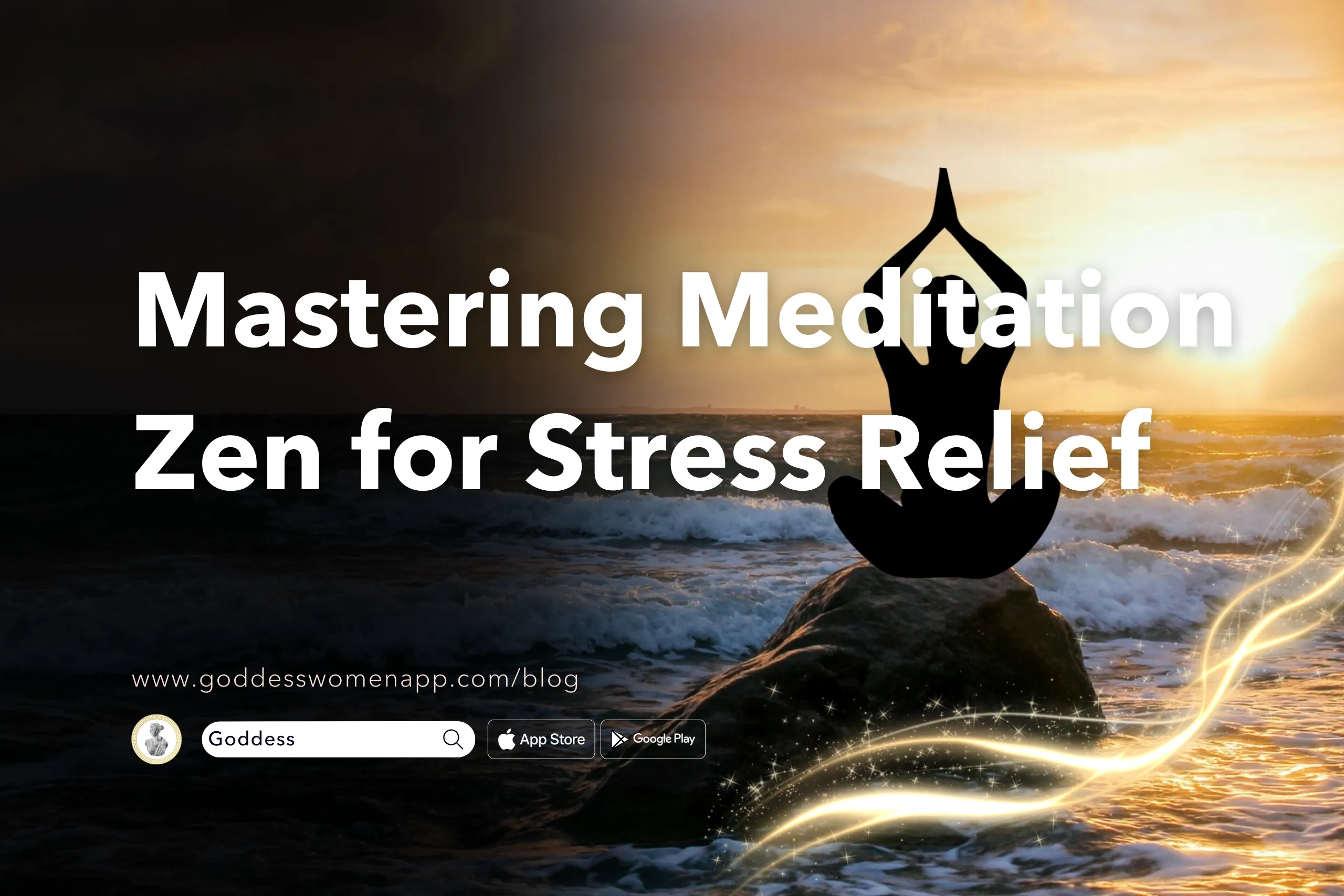Depression is a complex mental health condition that affects millions of people worldwide. It can manifest in many ways—feelings of sadness, hopelessness, fatigue, and difficulty concentrating. While traditional treatments like therapy and medication are highly effective, many are turning to complementary practices like meditation for depression to help manage their symptoms.
Meditation, especially mindfulness meditation, has been shown to have profound effects on mental well-being. It can help calm the mind, reduce negative thinking, and offer a sense of peace, even in the face of depression. In this blog, we will explore how meditation can serve as a powerful tool for managing depression and boosting your mental health.
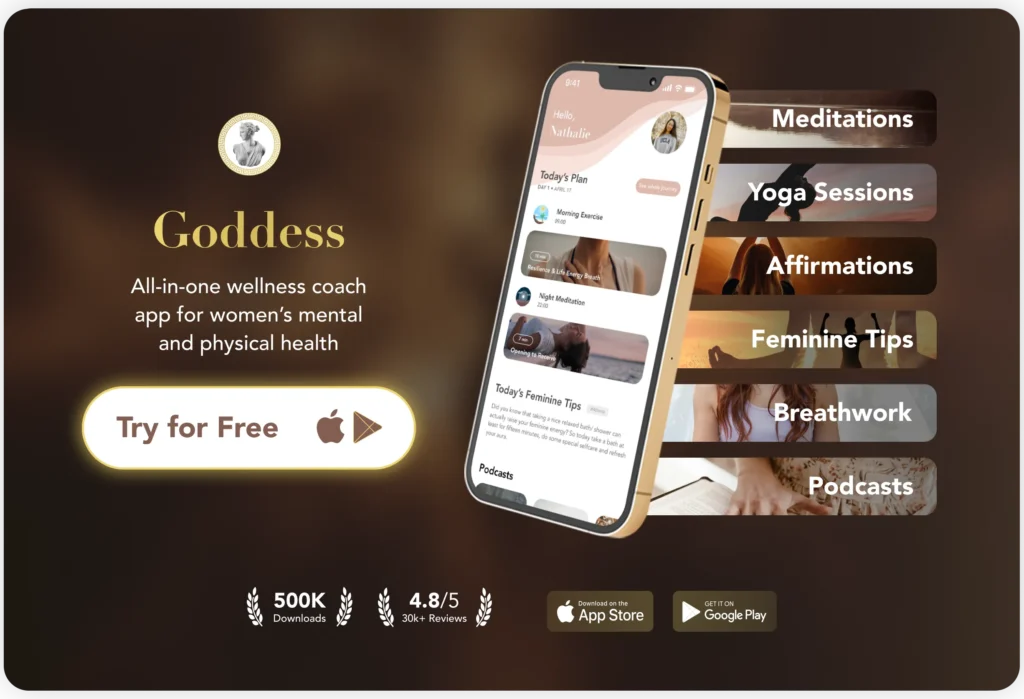
How Meditation Helps with Depression
Depression often involves overwhelming negative thought patterns, chronic stress, and a sense of disconnection. Meditation, particularly mindfulness meditation, teaches you to focus on the present moment, observe your thoughts without judgment, and bring awareness to your emotions. This practice can alleviate some of the cognitive and emotional challenges associated with depression.
1. Reduces Rumination and Negative Thoughts
One of the most challenging aspects of depression is the tendency to ruminate—endlessly replaying negative thoughts or scenarios in your mind. These repetitive thought patterns can deepen feelings of hopelessness and anxiety.
Mindfulness meditation trains you to notice when these negative thoughts arise and view them as temporary mental events rather than absolute truths. Over time, this awareness helps break the cycle of rumination, reducing the grip of negative thinking.
2. Lowers Stress and Anxiety
Depression and anxiety often go hand in hand. When you’re depressed, it’s common to feel overwhelmed and anxious about the future. Meditation, especially techniques like deep breathing and body scan meditation, helps activate the body’s relaxation response. This reduces cortisol levels (the stress hormone) and calms the nervous system, offering immediate relief from anxiety symptoms.

3. Improves Emotional Regulation
People dealing with depression often struggle with emotional regulation. Meditation encourages you to observe your emotions from a place of detachment, without being overwhelmed by them. As you practice mindfulness, you begin to recognize emotions as temporary sensations, allowing you to respond to them in a healthier, more balanced way.
This emotional awareness can help prevent emotional spirals and improve your overall mood stability.
4. Boosts Self-Awareness and Self-Compassion
Meditation can also foster greater self-awareness and self-compassion—two key components of healing from depression. Through regular meditation practice, you become more attuned to your inner dialogue and can recognize harsh self-criticism.
Loving-kindness meditation, a specific type of meditation practice, helps cultivate feelings of compassion toward yourself and others. By replacing self-judgment with kindness, meditation helps counteract the low self-esteem and negative self-image often associated with depression.
5. Enhances Mind-Body Connection
Depression isn’t just a mental condition—it can also affect the body, leading to fatigue, muscle tension, and chronic pain. Meditation helps bridge the gap between the mind and body, allowing you to tune into physical sensations and release tension. Practices like body scan meditation are particularly effective in helping you become more aware of how depression manifests physically, providing a holistic approach to healing.

Best Meditation Practices for Depression
If you’re new to meditation or unsure where to start, don’t worry. Here are some of the most effective meditation practices for managing depression, all of which can be done in as little as 5-10 minutes a day.
Goddess has numerous meditation and mindfulness practices for improving mental health and overcome depression. Download now to start you 7-day free trial!
1. Mindfulness Meditation
Mindfulness meditation is one of the most researched and effective forms of meditation for depression. It involves sitting quietly, focusing on your breath, and observing your thoughts as they come and go without judgment.
How to Practice Mindfulness Meditation:
- Find a quiet, comfortable space where you won’t be disturbed.
- Sit or lie down in a relaxed position, closing your eyes.
- Focus on your breath, noticing the sensation of air entering and leaving your body.
- When your mind starts to wander (and it will), gently bring your attention back to your breath.
- Continue this for 5-10 minutes, gradually increasing the time as you become more comfortable.
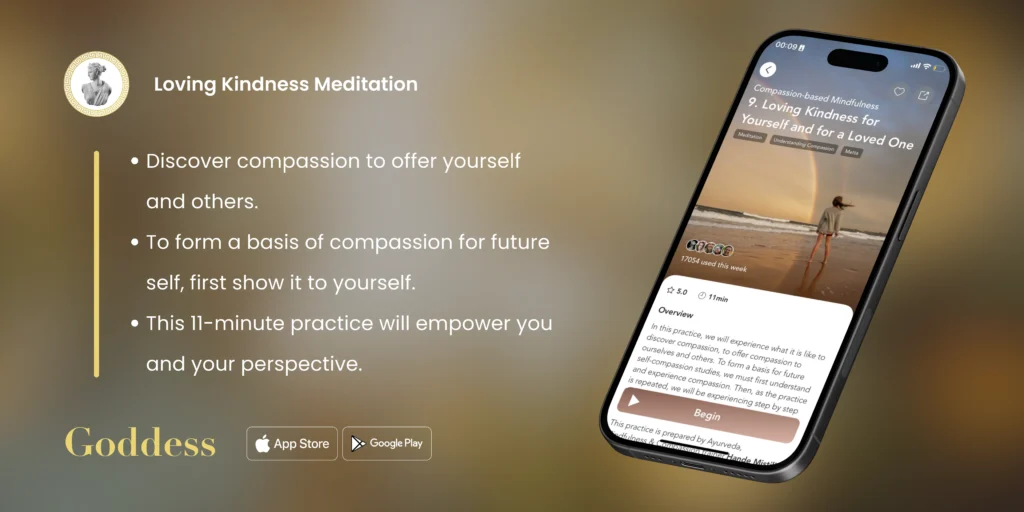
2. Loving-Kindness Meditation
Also known as Metta meditation, loving-kindness meditation focuses on cultivating compassion and kindness, both toward yourself and others. This practice is particularly helpful for those dealing with self-critical thoughts and low self-esteem, common symptoms of depression.
How to Practice Loving-Kindness Meditation:
- Sit comfortably and close your eyes.
- Take a few deep breaths to center yourself.
- Begin by silently repeating phrases like, “May I be happy. May I be healthy. May I be at peace.”
- After a few minutes, extend these wishes to others—family, friends, or even strangers.
- Continue this for 5-10 minutes, feeling the warmth of kindness grow with each repetition.
3. Guided Meditation
If you find it difficult to meditate on your own, guided meditation can be a great way to get started. There are many apps and resources, such as Goddess Women’s Wellbeing Companion App, that offer guided meditations specifically designed to help manage depression, anxiety, and stress.
Guided meditation involves listening to a calming voice that leads you through a series of mindfulness exercises. These meditations often include visualization techniques, deep breathing, or emotional healing practices.
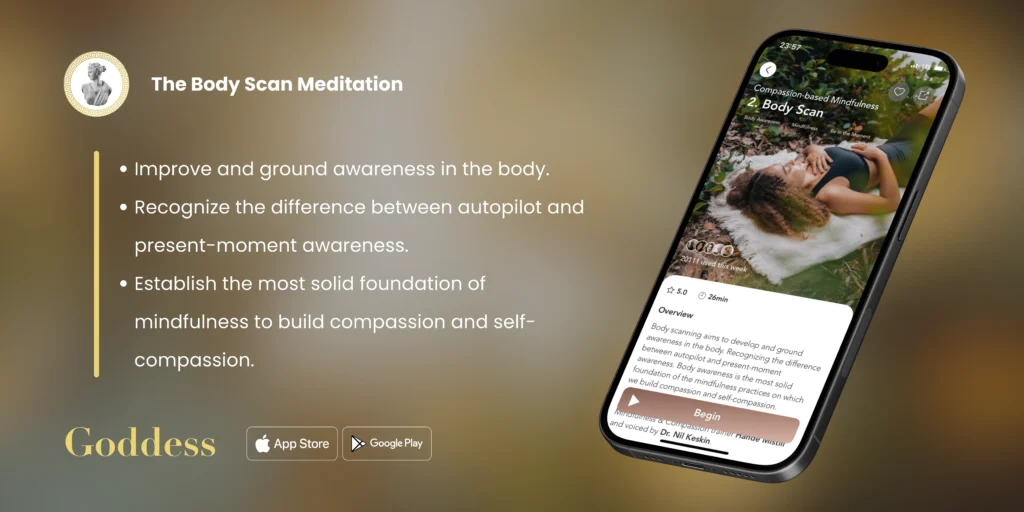
4. Body Scan Meditation
Body scan meditation is another powerful technique for people dealing with depression, especially if you experience physical symptoms like tension or fatigue. This practice involves mentally scanning your body from head to toe, observing areas of discomfort or stress, and releasing that tension with each exhale.
How to Practice Body Scan Meditation:
- Lie down in a comfortable position and close your eyes.
- Starting from the top of your head, mentally “scan” each part of your body, noticing any areas of tightness or discomfort.
- As you exhale, imagine releasing the tension from each body part.
- Continue scanning down to your toes, spending a few seconds on each area.

How to Incorporate Meditation into Your Daily Routine
While meditation can be a powerful tool for managing depression, consistency is key. Here’s how you can incorporate meditation for depression into your daily routine, even with a busy schedule.
1. Start Small
You don’t need to meditate for hours to see benefits. Start with just 5 minutes a day and gradually increase the duration as you become more comfortable with the practice. Even short sessions can make a noticeable difference in your mental well-being.
2. Create a Routine
Try to meditate at the same time each day, whether it’s in the morning before work or in the evening before bed. Creating a consistent routine will make it easier to stick with meditation long-term.
3. Use Meditation Apps
If you’re not sure where to begin, apps like Goddess Women’s Wellbeing Companion App offer a variety of guided meditations tailored to mental health concerns like depression and anxiety. These resources can provide structure and motivation to stay consistent.
4. Be Patient with Yourself
Healing from depression is a journey, and meditation is just one tool in your mental health toolkit. Don’t be discouraged if you don’t see immediate results. With time and practice, meditation can help you manage your symptoms more effectively and bring more balance into your life.

Conclusion: Meditation for Depression Relief
While meditation isn’t a cure for depression, it can be a powerful complement to traditional treatments like therapy and medication. By reducing rumination, calming the nervous system, and promoting self-compassion, meditation for depression offers a holistic approach to managing mental health.
If you’re looking to incorporate meditation into your daily routine, start small, experiment with different techniques, and be kind to yourself as you develop this new habit. Over time, you’ll notice the positive effects on your mood, mental clarity, and overall sense of well-being.
Read more:
